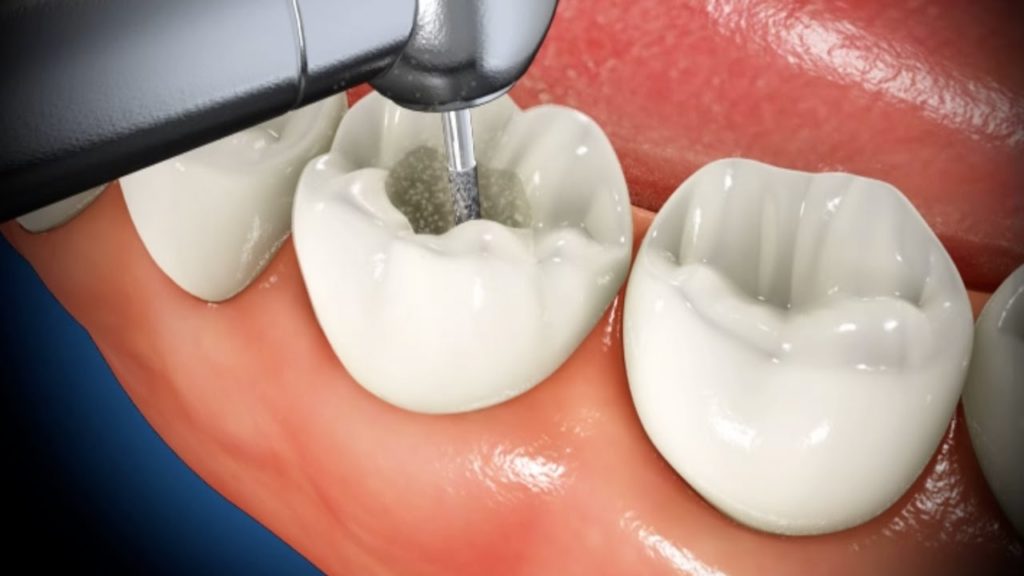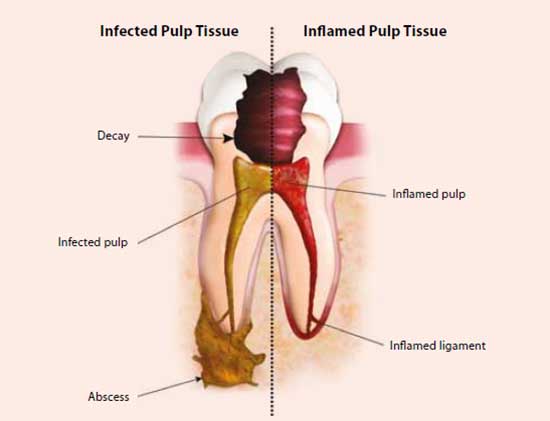Wisdom Tooth Removal in Regina SK
Wisdom Teeth Removal Regina
Wisdom Teeth Removal: Do I need my wisdom teeth removed?
The molars found in the very back corners of your mouth are called wisdom teeth. They are usually the last teeth to erupt. The average patient develops them in their late teens or early twenties.
Some people never develop wisdom teeth. For others, they may erupt normally – just like your other molars did – and cause no problems. However, in many cases, as wisdom teeth grow in, they become impacted and fail to emerge due to a lack of adequate jaw space. If they do grow, they may end up crowding out your other teeth, affecting your natural dental alignment.
Wisdom teeth removal is often suggested when:
- Wisdom teeth are impacted (meaning they cannot erupt and are trapped in your jawbone or gum).
- They grow in at the wrong angle due to crowding with your other teeth.
- There is not enough space in your jaw.
- Your wisdom teeth have cavities.
Wisdom teeth removal is important when necessary. Otherwise, wisdom teeth can cause swelling, gum soreness and eventually, acute pain. Impacted teeth are very difficult to clean and as such, are vulnerable to tooth decay, recurring infections and may even damage the surrounding bone structure.
To prevent potential future issues, wisdom tooth removal is sometimes suggested even if the impacted teeth aren’t currently posing a problem.
WE'D LOVE TO MEET YOU!
New patients are always welcome! Let's discuss your dental health together.
Southland Dental Clinic of Regina
Unit 65- 2965 Gordon Rd. Regina, SK S4S 6H7
Monday: 8:30am-5pm
Tuesday: 8:30am-5pm
Wednesday: 8:30am-4pm
Thursday: 8:30am-4pm

What can I expect from the wisdom tooth removal process?
Wisdom tooth (teeth) extraction is a surgical procedure to remove one or more of your wisdom teeth. Depending on the complexity of the situation, removal can be done by an oral surgeon or one of our dentists. Additionally, it can be done under general or local anesthetic. Because each patient’s case is unique, our dentist will first need to take an x-ray before deciding on the best course of action.
Without a root canal, the infection and damage will continue and your tooth most likely will need to be removed.
Wisdom Teeth Removal Process
Here’s an overview of what our dentist does during the procedure for wisdom teeth extraction:
- First, a minor incision is made in your gum to access the tooth (if it hasn’t already erupted.) A small bone covering the tooth may also need to be removed.
- Next, the tooth is split into sections to make removal easier and to minimize any potential damage to the surrounding bone.
- The tooth is extracted.
- Extraction site is cleaned of any tooth or bone debris.
- To promote healing, the wound is closed using dissolvable stitches.
- Gauze is placed over the wound to assist in the formation of a blood clot.
The procedure times for wisdom teeth removal vary from patient to patient. While simple procedures can take as little as a few minutes, more complex situations require more time.
Root Canal Success Rates
Root canals have a good success rate of approximately 85-90%. This can be compared with implants which now have a 92-97% success rate. Many teeth fixed with root canal therapy can last a lifetime when done properly. Be sure to evaluate your dentist before opting for the procedure.
Experienced in Root Canal Therapy
Our doctors have had many years experience in treating patients with root canal therapy and have had tremendous success rates with this procedure. Our doctors would be happy to discuss your options and what would fit best for your situation.
The Painful Myth
The practice of root canal therapy or treatment is not to cause pain, but to relieve it. The perception of root canals being painful began decades ago. With new technologies and anesthetics, treatments today have been compared to that of a filling or crown. Most patients who visit a dentist or endodontist do so because they are seeking relief from a toothache. Root canals are designed to alleviate this toothache!
WE'D LOVE TO MEET YOU!
New patients are always welcome! Let's discuss your dental health together.

Frequently Asked Questions:
Local anaesthesia (freezing) makes treatment painless. While there may be some discomfort for a brief period after treatment, this can be controlled with aspirin strength medications.
It will be necessary for you to see your dentist to have a permanent filling placed or a cap (crown) made for the tooth. Your dentist will assist you in choosing the most suitable kind of restoration.
Unfortunately, when a tooth is infected, the blood supply (pulp) running through the tooth is affected as well. As a result, there is no way to conduct the antibiotics to the needed area. They do however, assist in controlling and eliminating infection in the surrounding bone before and after root canal therapy. Will my tooth last forever after treatment?
Root canal therapy has been reported to be up to 95% successful. Many factors influence the treatment outcome: the patient’s general health, bone support around the tooth, strength of the tooth including possible fracture lines, shape and condition of the root and nerve canal(s) and continued follow-up care with your general dentist. Although we cannot guarantee the successful outcome of root canal procedures, you can be assured that the most advanced techniques and treatments modalities will be performed to ensure the best prognosis possible.
Insect bites, burns, scrapes and cuts; all of these will produce inflammation of the skin characterized by redness (an increase in the blood flow to the area) and therefore swelling. Removal of pulp tissue from a root canal can produce an inflammation in the socket holding the tooth. Unlike our skin which can expand, increased fluid in bone produces pressure on sensitive structures like the membranes of our sinuses or large nerve structures in our jaw. All inflammation takes 7 to 10 days to disappear (think how long a cold lasts). The medications you are given will help to minimize any discomfort from the inflammation resulting from your condition and the treatment rendered, however, if you are unsure, please feel free to contact our office so that we may check the progress of your healing.
Table of Contents

